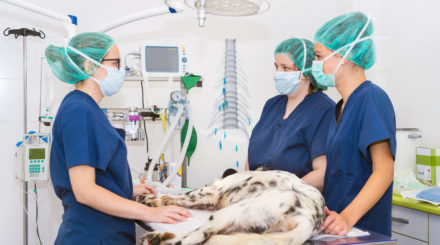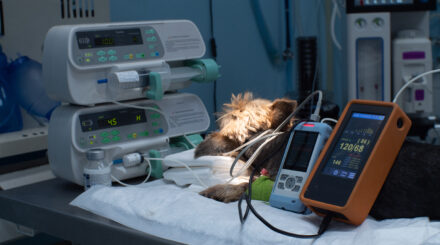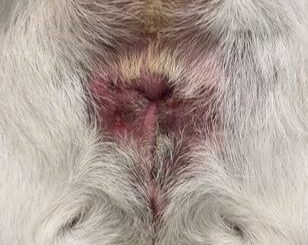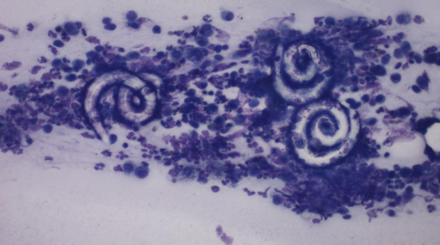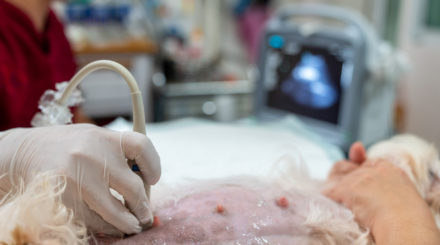A conversation with Cat the Vet: What’s new in chronic Kidney Disease?
Join our director and Internal Medicine Specialist, Scott Kilpatrick, as he discusses chronic kidney disease (CKD) in feline patients. In this FREE webinar hosted by Hills Pet UK & Ireland,…
A crisis of calcium
Although disorders of calcium metabolism are relatively common in dogs and cats, they are frequently difficult to diagnose clinically. However, improvements in the laboratory assessment of calcium homeostasis have greatly…
A Tale of Two Toxins… A liver’s story
The liver is central to so many important functions within the body, but can often be the victim toxic insults. Hepatotoxicosis can also be characterized as dosage-dependent or idiosyncratic, although…
Acute diarrhoea: Stepping away from the antibiotics
Episodes of acute diarrhoea in dogs and cats are frequently encountered in small animal practice. Many episodes will improve with symptomatic care, but antibiotics are often included in the initial…
Acute kidney injury: Turning a fail into a pass
This webinar on acute kidney injury provides a thorough base for all clinicians dealing with dogs and cats presenting with acute kidney injury. By the end of this webinar the…
An introduction to endocrine diseases for veterinary nurses
Endocrine diseases are some of the most common long-term diseases we see as veterinary nurses. From diagnosis to inpatient care, treatment and nurse consultations we can make an enormous difference…
An introduction to ‘Human Factors’ in veterinary practice
The study of Human factors is an established discipline that uses scientific knowledge about the human body, mind and behaviour to better understand our fundamental capabilities and limitations. It is…
An introduction to veterinary leadership
Within the veterinary healthcare setting leadership is likely to be dynamic, ultra-adaptive, shared and situational. Leadership within this setting is not solely reserved for those in positions of responsibility. Each…
Anaesthesia for patients with neurologic disease
This webinar will deal with selected neurological diseases of the brain, spinal cord and musculature and highlights important points of pathophysiology for the anaesthetist. The advantages and disadvantages of certain…
Anaesthesia for rabbits and other small mammals
The mortality rate of rabbits and other small furries during anaesthesia is substantially higher than the perioperative mortality of other pets. The causes for these numbers are multifactorial. This webinar…
Anaesthesia nursing considerations for brachycephalic breeds
Through this webinar you will take a journey revisiting the anatomy including skeletal and soft tissue deformities commonly seen in modern day brachycephalic dog breeds and how these malformations dictate…
Anaesthesia of the ophthalmic patient
Anaesthetising ophthalmic patients presents unique challenges that demand careful planning and precision. In this session, we’ll explore the key considerations for anaesthesia in patients with ocular disease, including how to…
Anaesthetic considerations for endocrine patients
This webinar will discuss the anaesthetic considerations for endocrine patients. We will focus on the most common endocrine diseases, including diabetes mellitus, insulinoma, hyperthyroidism and hyperadrenocorticism.
Anaesthetizing the very young and very old – Paediatric and geriatric anaesthetic considerations
Anaesthesia is never a one-size-fits-all approach, and age is one of the most important factors influencing safety and outcomes. This webinar explores the unique physiological and pharmacological differences between paediatric…
Anal sac disease – A dermatologist’s perspective
‘Express anal sacs’ are a common consult in practice but why is this happening in the first instance and what can we do about managing our patients? Join us on…
Angiostrongylus… The hidden enemy
Lungworm is becoming increasingly diagnosed all over the UK and Europe. This webinar will discuss the clinical presentation of affected cases, their diagnosis and management. A practical approach regarding which…
Approach to the acute abdomen
Approaching cases with acute abdominal pain can be daunting. However, with structured approach you’ll be able to solve the mystery of acute abdomen and help your patients in no time….
Appropriate use of antimicrobials in small animal practice
Antibiotics can be a key component in any veterinary treatment plan, and that is not going to change. To ensure that we have a range of antibiotics to treat bacterial…
Arterial Blood Pressure: ‘Feeling the Pressure!’
The primary determinant of organ perfusion is blood pressure, profound hypotension is common in anaesthetised patients and is connected to hypoperfusion and organ failure. The ability to measure and monitor blood pressure…
Atopic worth discussing: How to deal with canine atopic dermatitis
So where did all the itchy Westies go? If you, like me, are wondering where they disappeared to, have no fear as they have been replaced with French bulldogs, poodle…








